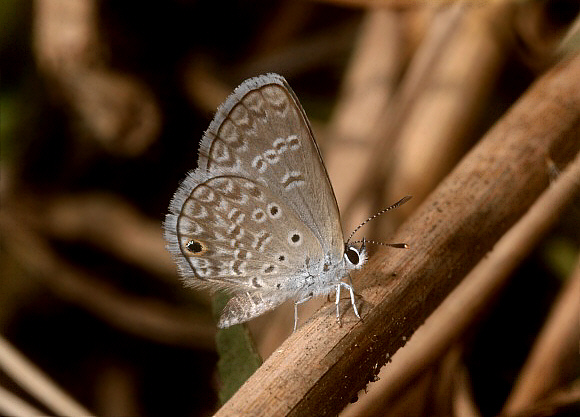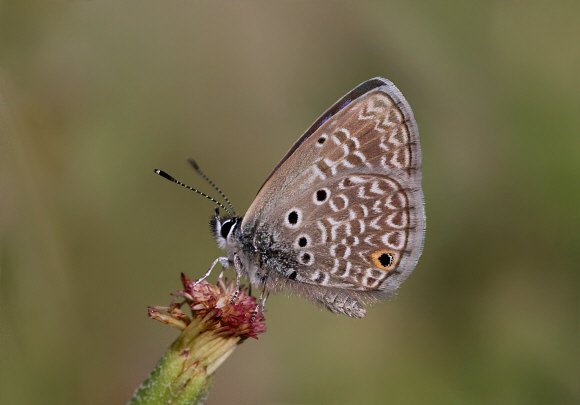
Introduction
About 120 members of the cosmopolitan subfamily Polyommatinae occur in the neotropical region. Most are confined to the temperate grasslands of the high Andes, although a few species occur at much lower altitudes.
The exact number of Hemiargus species is uncertain due to differing opinions about the taxonomic rank of various races of hanno. Lamas only recognises 2 Hemiargus species i.e. hanno and ramon; and lists ceraunus, gyas, filenus, antibubastus, hanno, astenidas and bogotana as subspecies of hanno. The latest research seems to indicate however that there are at least 6 species i.e. martha, huntingtoni, ceraunus, hanno, ramon and another currently unnamed species from Peru.
Hemiargus hanno is the commonest and most widespread species. It probably occurs over most of the tropical and sub-tropical areas of mainland South America, although its exact range is unknown due to frequent confusion with other Hemiargus species.
Habitats
This species is found in disturbed dry grassy habitats throughout tropical and subtropical areas, at altitudes between sea level and about 1500m. It is most often seen on scrubby grassland, but can also be found along roadsides or clearings in severely disturbed forest habitats.
Lifecycle
To be completed.
Adult behaviour
Hanno Blues are active only in hot sunshine, at which time large numbers can be found flying in open dry grassy areas.

